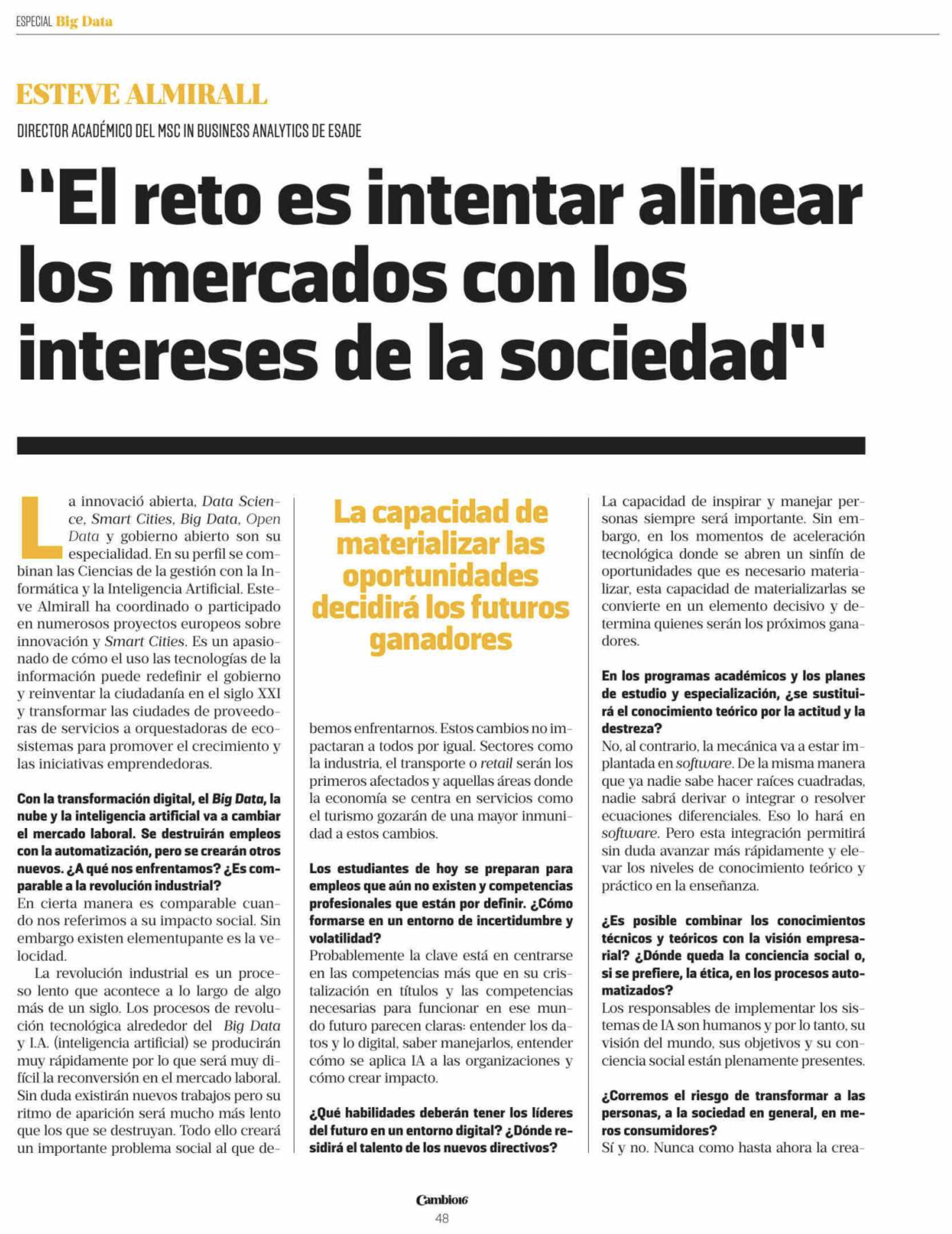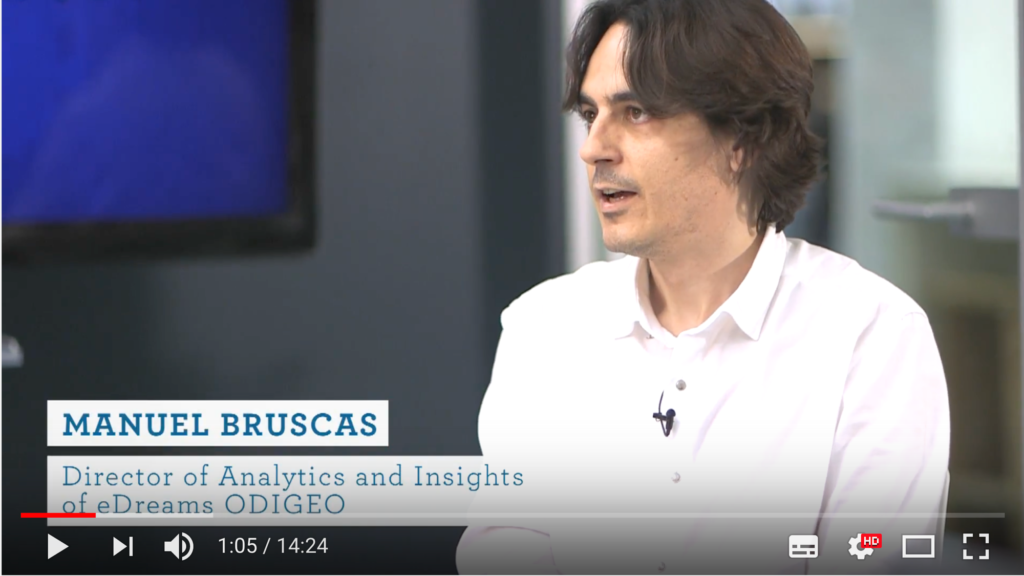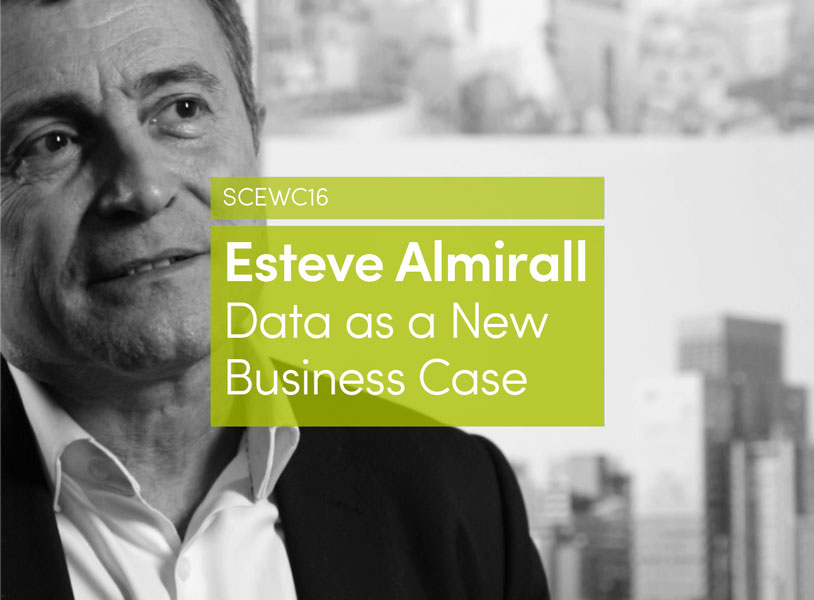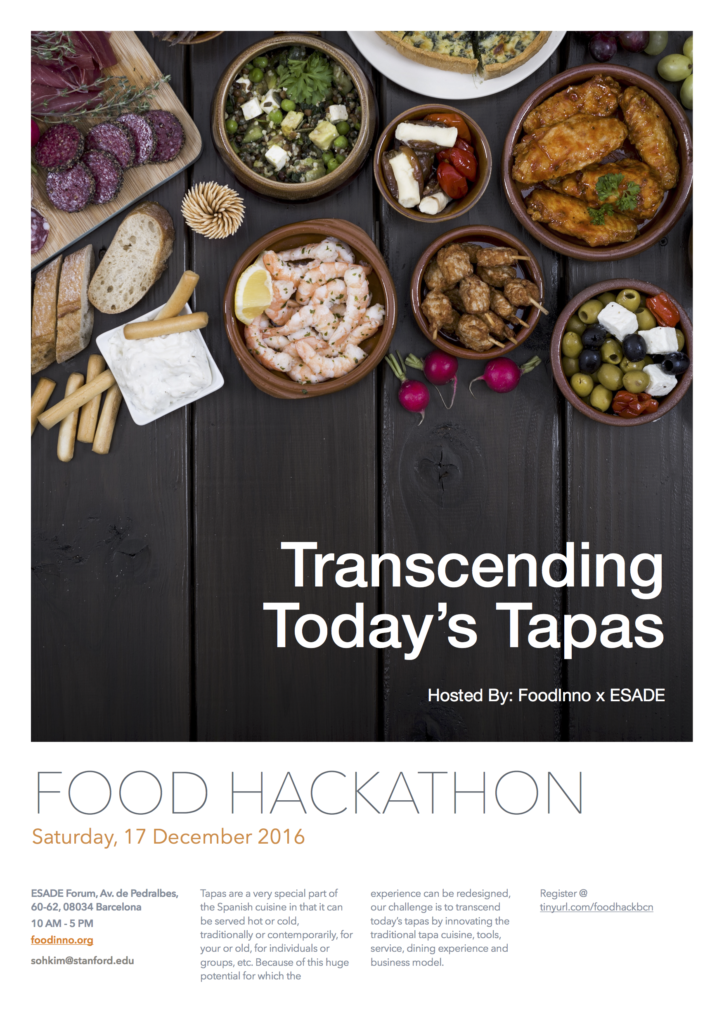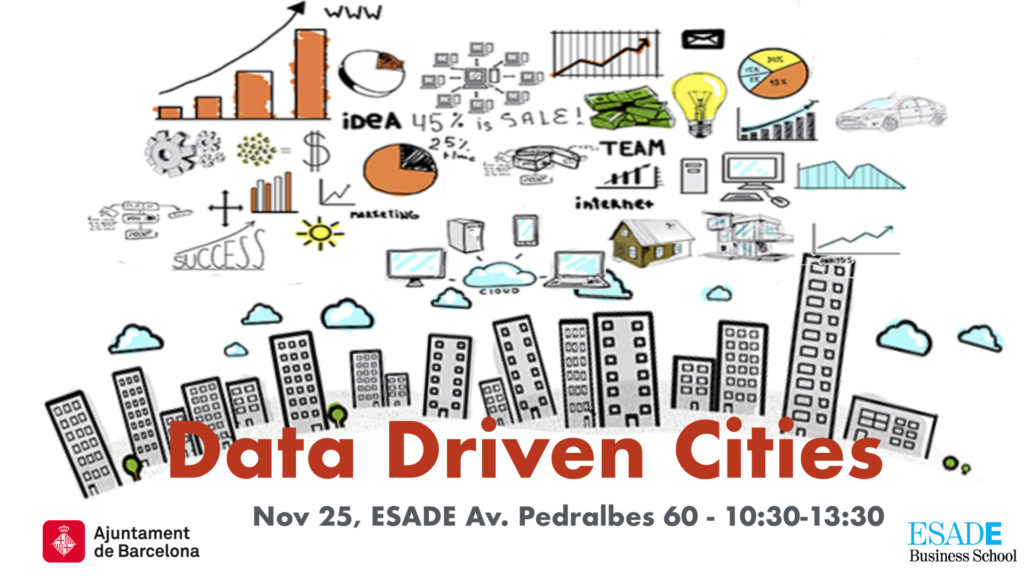
BY: MARC ETHIER ON MAY 06, 2017

ESADE Professor Esteve Almirall, lecturer in the Department of Operations, Innovation and Data Sciences,
will teach course for the school’s new Master of Business Analytics. Courtesy photo
poetsandquants.com/2017/05/06/esades-master-business-analytics/
Program Name: Master of Business Analytics
School: ESADE
Length of Program: 12 months
Cost: €26,500, or about $28,864
Esteve Almirall’s roots are in the computer industry. He has worked for more than 20 years in executive- and board-level positions in IS, organization, and marketing for consulting, banking, and finance firms; as an entrepreneur he has actively participated in — and founded — several startups in the field. So it’s easy to see where he developed the core belief he brings to his current role as lecturer in ESADE’s Department of Operations, Innovation, and Data Sciences, and director of the school’s new MSBA: Business schools must take the lead in the digital revolution.
‘I believe that in a digital world, in a world that is transforming itself more and more into software, business schools cannot be absent and should be not only present but have a leading role in this transformation,” says Almirall, who earned an MBA from the University of California-Berkeley Haas School of Business. “Our business schools should train the business professionals of the future and these business professionals will be digital. Coding should become in BSs as common as spreadsheets, and analytics and experimentation the normal way to tackle projects and explore new ideas. Our job is to fully contribute to this transformation!”
That’s the basis for the launch of the Barcelona, Spain school’s MSBA this fall. Almirall believes the future of business lies at the intersection between technology and innovation; he is active and sought after for his expertise in the areas of “smart cities,” innovation ecosystems, innovation in the public sector, and user innovation. And he has coordinated several large EU competitive projects and participated in more than 10 of them as main researcher. Now, Building on ESADE’s years of integrating technology and data science into its programs — and with input from company partners and others — Almirall and the school’s faculty have designed the new MSBA to be a leader in analytics education.
“In our case, launching and planning this program involved many people — it has been truly a team effort,” Almirall tells Poets&Quants. “We started with this program checking the rest of the programs that were available. After, we held interviews with more than 20 companies asking their opinions on what should be there and what they wanted of our graduates. Internal checking and discussion has been extensive, with the involvement of many academics and non-academics from our organization.”


